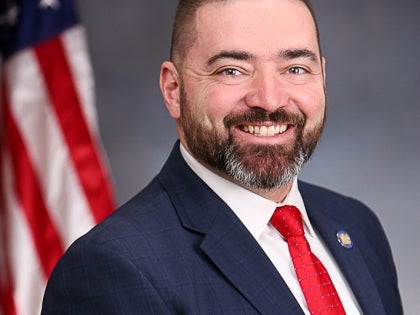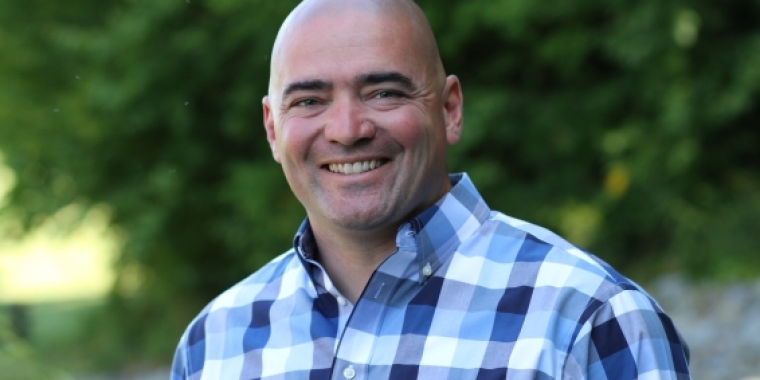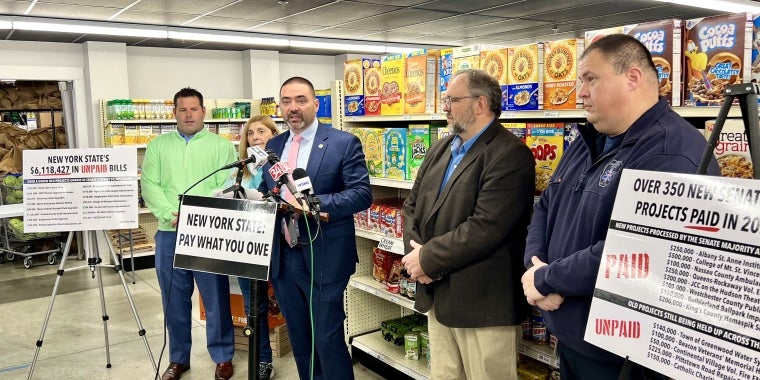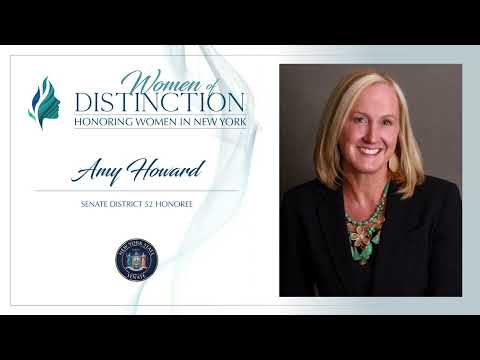
Progress in the 52nd Senate District
February 3, 2017

If I could use one word to describe my new job as state senator for the 52nd District, it's Listening.
From the start, my goal has been to be as open and accessible as possible to the people I represent, and my first year was marked by traveling and listening. We started out by holding our signature “Pop-Up Office Hours” events throughout the district. My team and I did our best to meet, visit and listen to as many folks as physically possible, not only through face-to-face meetings, but through emails, letters, social media and various community voice surveys. The only way we can be successful as a community is if our elected officials take the time to listen, and I'm proud to say we did.
My other priority at my new job has been combating the heroin epidemic that our community and state has been fighting for years. We took a multifaceted approach in my first year, and I think we made substantial progress in treatment and prevention.
Legislatively, we tore down barriers to inpatient treatment, streamlined wraparound support services for patients after treatment and secured $10 million to expand treatment capacity and availability throughout New York State. We also put a limit on the amount of opioids doctors could prescribe patients for first time use to 7 days and expanded education for prescribers and for consumers to get them both actively involved in preventing addiction.
We also held Shed the Meds events to collect unused prescription drugs across the 52nd District. In total, we got over 500 lbs of prescription medication off the streets and out of the wrong hands. Law enforcement officials estimated that the street value of these drugs was almost $200,000.
We continued the work of the YES Safe Choices program across the 52nd District to provide peer leadership training and substance abuse prevention for students in over a dozen school districts.
In my mind, the most successful part of our outreach efforts was partnering with YES and the Afton and Bainbridge-Guilford school districts for Heroin Awareness Night in March of last year. Over 500 students, parents, teachers and other members of our community came together all to put our kids' health, safety and success first. I was truly moved by the event and I plan on helping plan the next one in 2017.
We've made great progress with the heroin issue, but we'll continue to monitor the reforms we passed, make sure the funding gets where it needs to be and look for ways we can do better going forward. One size doesn't fit all in fighting this heroin scourge. We need a multi-faceted approach and we need everyone putting their differences aside and working together on this.
Looking to the Future: Improving the Business Climate in NY
Throughout my travels, I've continued to hear one thing from business owners and residents alike: Despite what you see in well-produced, taxpayer-funded commercials, New York is not open for business.
Whether it's high taxes, high workers compensation costs or onerous regulations, New York continuously ranks near the bottom of the list of states ranked by business climate. That's unacceptable and we need to do better, especially in the Southern Tier.
The Southern Tier region has had to stand by as the state invests hundreds of millions in New York City, Long Island and along the thruway corridor in places like Buffalo, Rochester, Syracuse and Albany.
This past week, I had the opportunity to personally speak both publicly and privately to the Governor about economic development. I respectfully offered that while his State of the State and Budget Proposal tells of a growing economy and an increase in population and jobs around the state, a trip to our community shows the opposite.
The Governor told me that he understood that our community was hurting, and that the state hadn't done enough to help us recovery. He pledged that he and his team would be working hard to help us. His words were encouraging, and I hope we can work together to bring much-needed change to our economy.
To find solutions to improve our business climate, I went back to government's best available but often neglected tool: listening.
I assembled a Business Advisory Council made up of 15 local business owners from across the 52nd District and from a variety of disciplines like agriculture, manufacturing, retail, hospitality, energy and engineering. We strove to identify as many ways to improve the business climate in New York as possible. One underlying issue seemed to come up for everyone, no matter their chosen profession: Workers' Compensation Reform.
New York currently ranks one of the highest in workers' compensation costs for business. It's simply cheaper to do business in other states because of it, so we set about finding ways to improve it. We reached out to every major statewide business organization for help, but we also reached out to to labor unions, because I truly believe that we can only make major progress on issues like this if we allow all stakeholders a seat at the table.
We've identified a few ways to do this, but our goal is simple: We must reduce the workers' compensation costs across the board without harming the injured worker. I'm confident that if business groups, labor, the Senate, Assembly and Executive all work together, we'll be successful in achieving this goal.
Growing Our Agri-Future
This year I was proud to bring agricultural education back into the classroom in the 52nd District with our new Growing Our Agri-Future program. Partnering with BOCES and Cornell Cooperative Extension, we launched a pilot program into four school districts to educate kids on in importance of agriculture, where their food comes from and the career opportunities associated with the ag industry.
Agriculture is a $38 billion-dollar industry in New York, but the average age of a farmer is 55 years old. I respectfully offer that we need to teach our kids that not every career choice needs to be in high-tech manufacturing and that many of the jobs of the future are directly connected to agriculture. It's the first step in sustaining and growing the future of food production in our region and across our state.
Once our pilot program finishes, we'll evaluate it and hopefully expand it to include not only Tioga, Chenango and Delaware counties, but eventually the entire state.
One year at my new job down, and I'm more excited and more energized than ever before to get to work for the people I represent and help improve the lives of families in our communities today and lay the foundation for a thriving community in the years to come.
My door is always open, and I ask that you please stay in touch. It's the only way I can properly serve you. - Fred
Share this Article or Press Release
Newsroom
Go to Newsroom
Senator Fred Akshar's Women of Distinction Honorees
August 31, 2022

Senator Akshar 2022 Woman of Distinction
August 26, 2022

